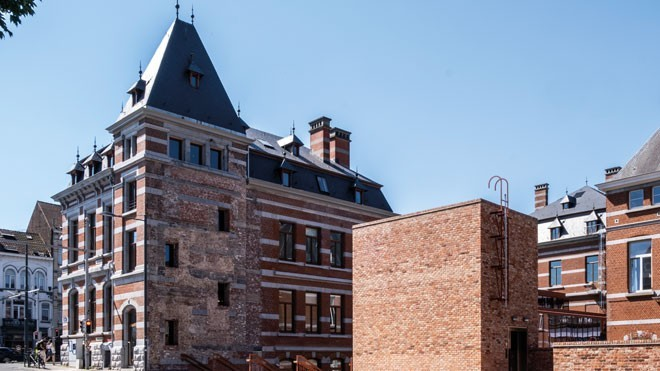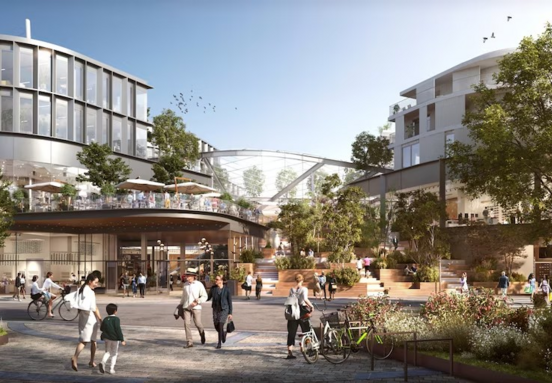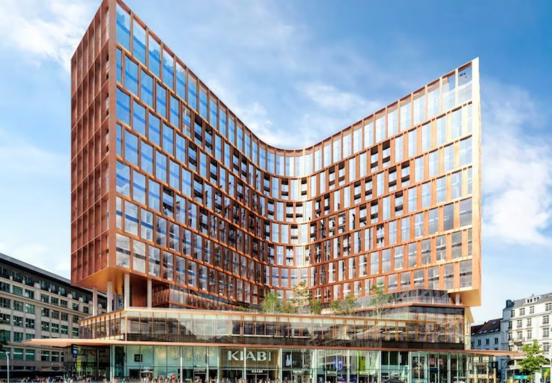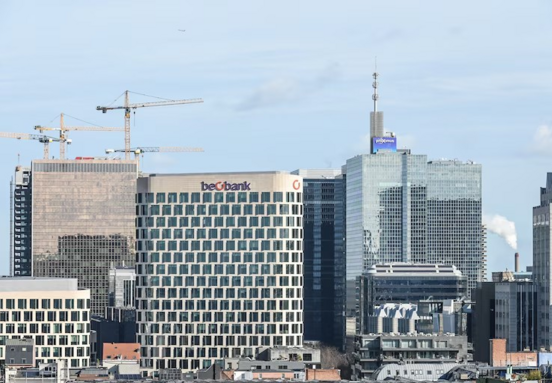Brussels' office market: a pivotal transformation
Brussels, like many major European cities, is experiencing a fundamental shift in its commercial real estate landscape. While a residential housing crisis due to population growth is a primary driver, the response to this challenge is directly reshaping the availability and nature of office spaces across the city. This transformation is not just about addressing housing shortages; it's creating a new paradigm for businesses seeking modern, efficient, and well-located workspaces.
The new reality of office demand
The post-COVID-19 era has fundamentally altered how and where we work. Widespread telework has reduced the traditional demand for vast, conventional office footprints. Companies are now prioritizing smaller, energy-efficient, and well-located 'premium' offices, often gravitating towards vibrant city centers and locations with excellent public transport links. This strategic pivot has left a substantial number of older, often peripheral, office buildings vacant – an estimated 1 million m² in Brussels alone. These structural changes signal a clear direction: the market favors quality, accessibility, and sustainability over sheer size.
Reconversion: shaping Brussels' urban future
The solution to this dual challenge lies in the increasing importance of converting these vacant office buildings into residential units or innovative mixed-use developments. This reconversion isn't just a trend; it's becoming a primary method for urban development in Brussels, especially given the limited availability of greenfield sites. Even in the city center, once purely commercial zones are being revitalized after business hours through the integration of housing into existing office structures.
Architects are creatively addressing technical challenges such as natural light and acoustics, leveraging existing building structures to produce high-quality, adaptable spaces. Crucially, the cost of office reconversion is now competitive with new construction, making it an economically viable and environmentally sound approach to urban growth.
What this means for your business: emerging opportunities
For businesses looking for office space to rent in Brussels, this dynamic environment presents distinct advantages and new opportunities:
Strategically located premium spaces
The focus on converting older, peripheral buildings means that new office stock and reconverted mixed-use projects are concentrating on desirable locations – typically Brussels city center offices or well-connected 'greener communes.' This ensures access to talent, amenities, and public transport.
Sustainable and modern work environments
Many of these reconversion projects prioritize energy efficiency and modern design, offering businesses sustainable office solutions that align with contemporary corporate values and operational needs. These spaces are often designed with flexibility in mind, catering to hybrid work models.
Vibrant mixed-use developments
Businesses can benefit from being part of revitalized urban areas where work, living, and leisure seamlessly intertwine. Mixed-use developments create dynamic communities, enhancing employee experience and offering a richer urban context for operations.
A future-proof market
Entrepreneurs are strongly encouraged to focus on the reuse of buildings and materials, with office conversions anticipated to be the dominant market for urban development in the coming years. This indicates a robust and evolving market for innovative and adaptable commercial spaces.
As Brussels embraces this wave of reconversion, businesses have the unique opportunity to secure modern, efficient, and strategically located workspaces that are integral to the city's sustainable and vibrant future. The landscape for commercial real estate in Brussels is not just changing; it's evolving to offer superior options for the discerning tenant.
Source: batichronique.be







